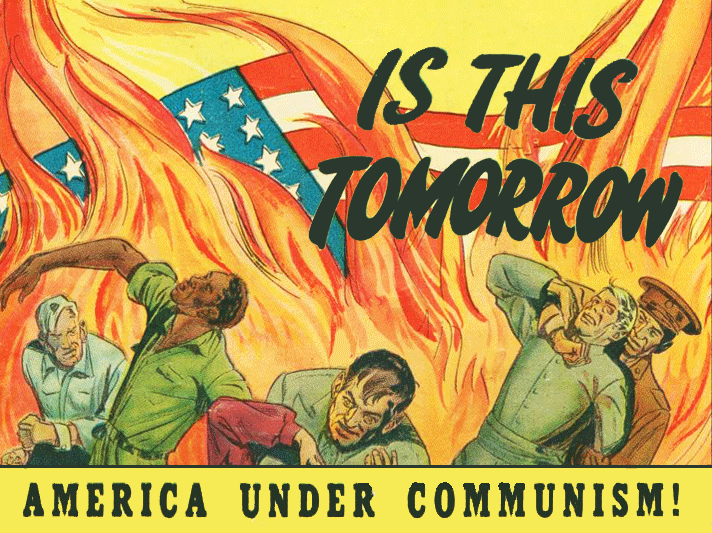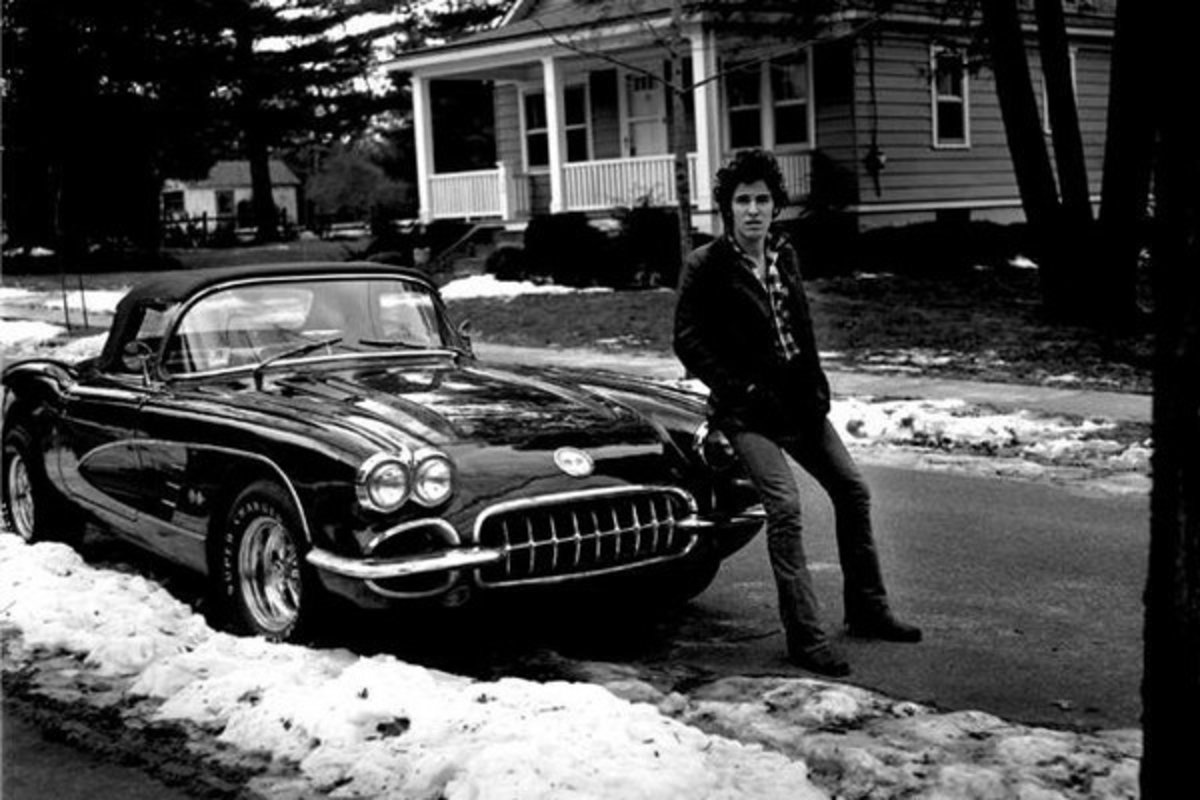
Late in the afternoon of January 13, 1954, less than a year after my marriage to Anne Halley, with a two-month-old son at home in our apartment, I was sitting in my half of an office in Folwell Hall, a teaching assistant at the University of Minnesota, when the phone rang. It was a reporter from the Minneapolis Star and Tribune, an African American named Carl Rowen who was to go on to renown and a modicum of fame in later years. He informed me that I had been “named” as a Communist by a woman from Minneapolis—a former Communist at twenty-three, testifying before a U.S. Senate committee.
